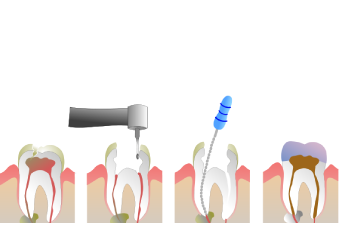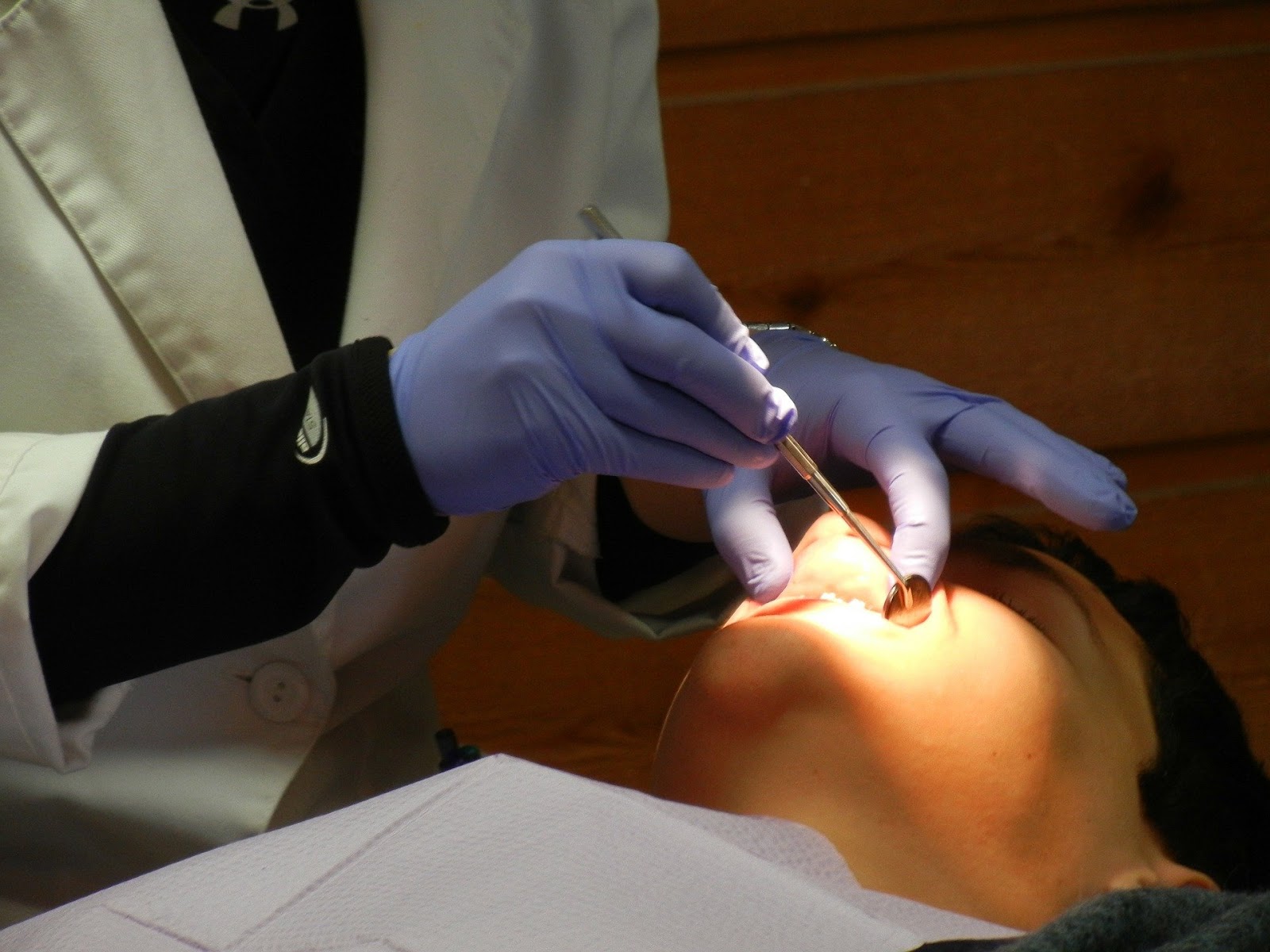Root Canal: What to Expect
15 Mar 2021What is a root canal? A root canal treatment is required when a patient suffers from an infection inside the pulp/nerve of a tooth, an area that is also known as the root canal system.
An infection of the root canal system can be caused by (not limited to) tooth decay, old/failing fillings or restorations and trauma. If the infected dental pulp is not removed, the infection will spread further and cause pain, and swelling.

During a root canal procedure, the dentist will remove the infected pulp and clean the inside of the tooth before filling and sealing the tooth to prevent further infection.
What to expect after a root canal?
You may experience some mild discomfort after a root canal procedure as the area may be inflamed. Pain is usually short-lived and mild, so over-the-counter pain medication can be used to reduce any discomfort and help you return to your everyday activities.
Some people experience some soreness in the jaw since the procedure requires the patient to have their mouth open for a longer duration.
What complications may occur after a root canal?

The tooth is more prone to fractures following a root canal. Fractures leave the tooth vulnerable, which may require additional treatment or extraction. For this reason, you should avoid eating hard or crunchy foods to avoid damaging the temporary filling.
As there are often several root canals in an infected tooth, sometimes a canal is missed during the procedure. In these cases, the tooth is incompletely sealed so infections may return. However, advances in imaging technology and techniques now enable dentists to more clearly identify the number of canals in an infected tooth prior to treatment and avoid such complications.
What can I eat after a root canal?
Here are some tips to help you eat without pain, after your root canal.
Wait until the anesthetic wears off
To avoid accidentally biting the inside of your cheeks, dentists recommend waiting until after your anesthetic has worn off before you eat. Even after the anesthetic has worn off, try not to chew on the side of your mouth with the treated tooth. This will avoid any unnecessary stress on the tooth that can cause discomfort.
Eat soft foods
It’s best to choose soft foods in the days after your procedure as this will decrease the chance of damaging the new filling or even breaking the tooth. To ensure you are getting adequate nutrients, we recommend trying pastas or noodles, oatmeal, lukewarm vegetable soups, or scrambled eggs.
Avoid hard, chewy and crunchy foods
Avoid hard, chewy or crunchy foods that can cause undue pressure on your fragile tooth. If you are tempted to use ice to ease tooth pain, you can apply an ice pack to the outside of your mouth to avoid accidentally chewing on ice cubes.
Avoid overly cold or hot foods and beverages
Excessively hot or cold food or beverages can increase the sensitivity of your tooth. This is especially important when you’re still under the effect of local anaesthesia as hot foods can burn your mouth, tongue and/or lips.
Avoid consuming alcohol
Like smoking, alcohol can inhibit your body’s natural healing process, so it is best avoided in the days following treatment. If you are taking medication or antibiotics to relieve pain, you should stay away from alcohol as it may interact with your medication.
Avoid smoking after root canal
Smoking is not recommended after a root canal procedure as it slows down the recovery process and increases the risk of complications.
Follow-up visits
You may need to visit your dentist again one or two weeks after your treatment to ensure your tooth is healing well. Your dentist can also help to address any concerns you have, and provide recommendations for maintaining good oral health.
Even if you are feeling much better and/or no longer experiencing pain, you should not neglect follow-up appointments. Your dentist may recommend a dental crown be placed on the tooth for long-lasting protection.
If you are unsure if your post-treatment recovery is normal, or want to find out more about root canal procedures, you can contact our professional team to answer your questions.
Sleep Dentistry Back to Articles